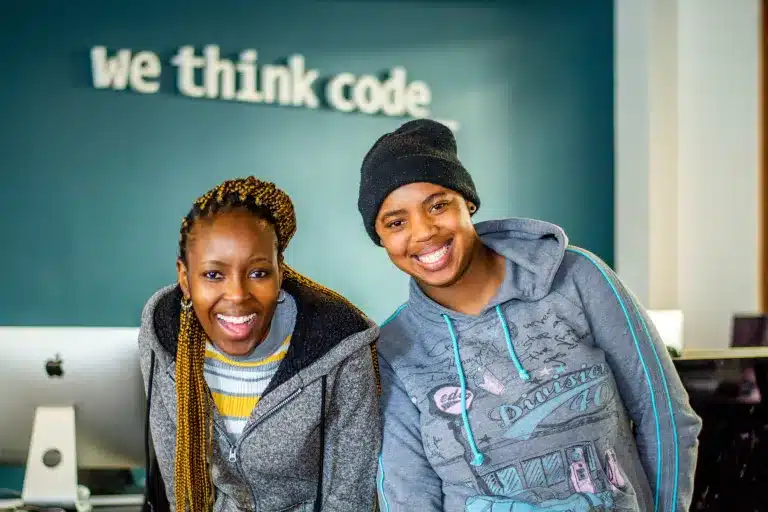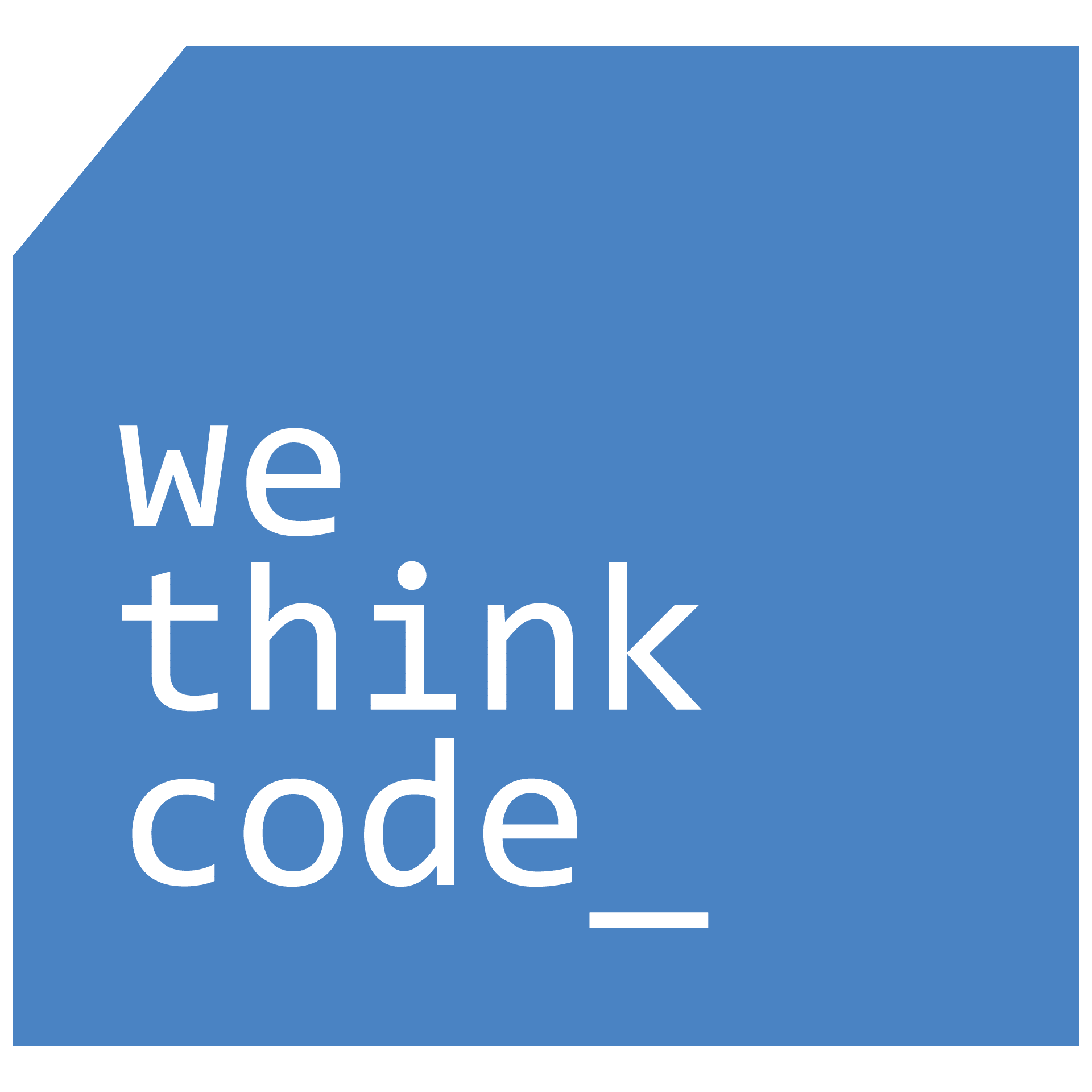Specialisation in Curriculum: Offering Hope Amidst South Africa’s Youth Unemployment Crisis

Specialised curriculums ensure that students acquire theoretical knowledge and practical skills that are directly applicable in their chosen fields. When developing these programmes, tertiary education systems must consider the current and future needs of the job market, integrating continuous learning and collaboration with industry experts. This approach bridges the gap between education and employment and equips students with the adaptability and expertise necessary to thrive in a dynamic work environment.
Youth unemployment remains a pressing challenge in South Africa, with recent statistics from Statistics South Africa indicating a staggering youth unemployment rate of 63.9%. Despite this daunting figure, pockets of progress and innovation offer hope.
One such area is the tech industry, which has shown a growing demand for skilled professionals. However, the gap between the skills provided by traditional education systems and those required by the industry is still wide. This disconnect underscores the critical need for targeted, industry-relevant training programmes that can bridge this divide and enhance youth employability.
WeThinkCode_ is at the forefront of this effort, developing a curriculum that not only meets but anticipates the needs of the modern tech landscape, thereby significantly improving job placement rates for its graduates. By focusing on a keen understanding of fundamental concepts, practical skills, and continuous learning, WeThinkCode_ aims to equip young South Africans with the tools they need to thrive in an increasingly digital economy.
In today’s rapidly evolving tech landscape, specialisation is not just an advantage—it’s a necessity. As someone deeply involved in shaping the curriculum at WeThinkCode_, I’ve seen firsthand how our approach significantly enhances the employability of our graduates, providing them with the skills and adaptability needed to thrive in the dynamic South African tech industry.
When we began designing the WeThinkCode_ curriculum in 2020, our primary goal was to align educational outcomes with industry needs. We engaged with successful software engineers and industry leaders to understand what makes a candidate truly valuable in the tech world. The result is a comprehensive programme that goes beyond basic coding. Our curriculum emphasizes fundamental software engineering concepts, practical application, and the development of essential soft skills.
At the heart of our programme is a strong foundation in software engineering principles. We teach students not just to code, but to understand the underlying concepts that make code work. This includes learning multiple programming languages and understanding how to apply core principles across different technologies. Our students are equipped to adapt to new tools and coding languages, making them versatile and resilient in the face of technological change.
Moreover, our curriculum is intensely practical. Students engage in hands-on projects that simulate real-world scenarios. They work in teams to develop, test, and deploy software, learning to navigate the complexities of version control, documentation, and collaborative problem-solving. This practical experience ensures that they can hit the ground running in their first jobs.
Adapting to the Future: Lifelong Learning and Industry Partnerships
In the tech industry, the ability to learn continuously is crucial. Our curriculum emphasizes this by teaching students how to learn new technologies and stay current with industry trends. This skill is indispensable in a field where advancements occur at a breakneck pace. We instill a mindset of lifelong learning, preparing our graduates to evolve with the industry.
Our close collaboration with industry partners further enhances the relevance of our curriculum. These partnerships allow us to integrate current industry practices and technologies into our teaching. For instance, we align some of our practical content with the tools and frameworks used by our partners. Additionally, we offer students opportunities for certifications and additional training through these partnerships, further boosting their employability.
The Importance of Soft Skills in Tech
Technical prowess alone does not make a successful software engineer. Soft skills, such as effective communication, teamwork, and problem-solving, are equally important. At WeThinkCode_, we integrate soft skills training throughout our programme. Students learn to articulate their ideas clearly, collaborate effectively, and manage projects from inception to completion. These skills are critical in any professional setting, and our emphasis on them has been a key factor in the positive feedback we receive from employers.
Addressing South Africa’s Unique Challenges
The South African tech industry faces unique challenges, including a high demand for skilled professionals and a significant gap between industry needs and the skills provided by traditional education systems. Our curriculum is designed to bridge this gap. By focusing on both technical and professional skills, we prepare students to meet the demands of local and international tech companies. Our graduates are not only job-ready but also equipped to contribute meaningfully to the industry from day one.
Looking Ahead: Expanding Specialisation Opportunities
We are continually evolving our curriculum to include new specialisations. This year, we are introducing electives in data engineering and cloud development, with plans for future courses in cybersecurity and other emerging fields. These electives allow students to tailor their education to their interests and industry needs, providing them with targeted skills that enhance their career prospects.
Specialisation within the WeThinkCode_ curriculum is a cornerstone of our strategy to enhance youth employability in South Africa. By combining strong foundational knowledge, practical experience, continuous learning, and essential soft skills, we prepare our students to excel in the fast-paced tech industry. As we expand our offerings and deepen our industry partnerships, we remain committed to providing an education that is both relevant and transformative, empowering the next generation of South African tech professionals.
By Herman Lintvelt, Chief Technology Officer at WeThinkCode_
Source: Digital Street
